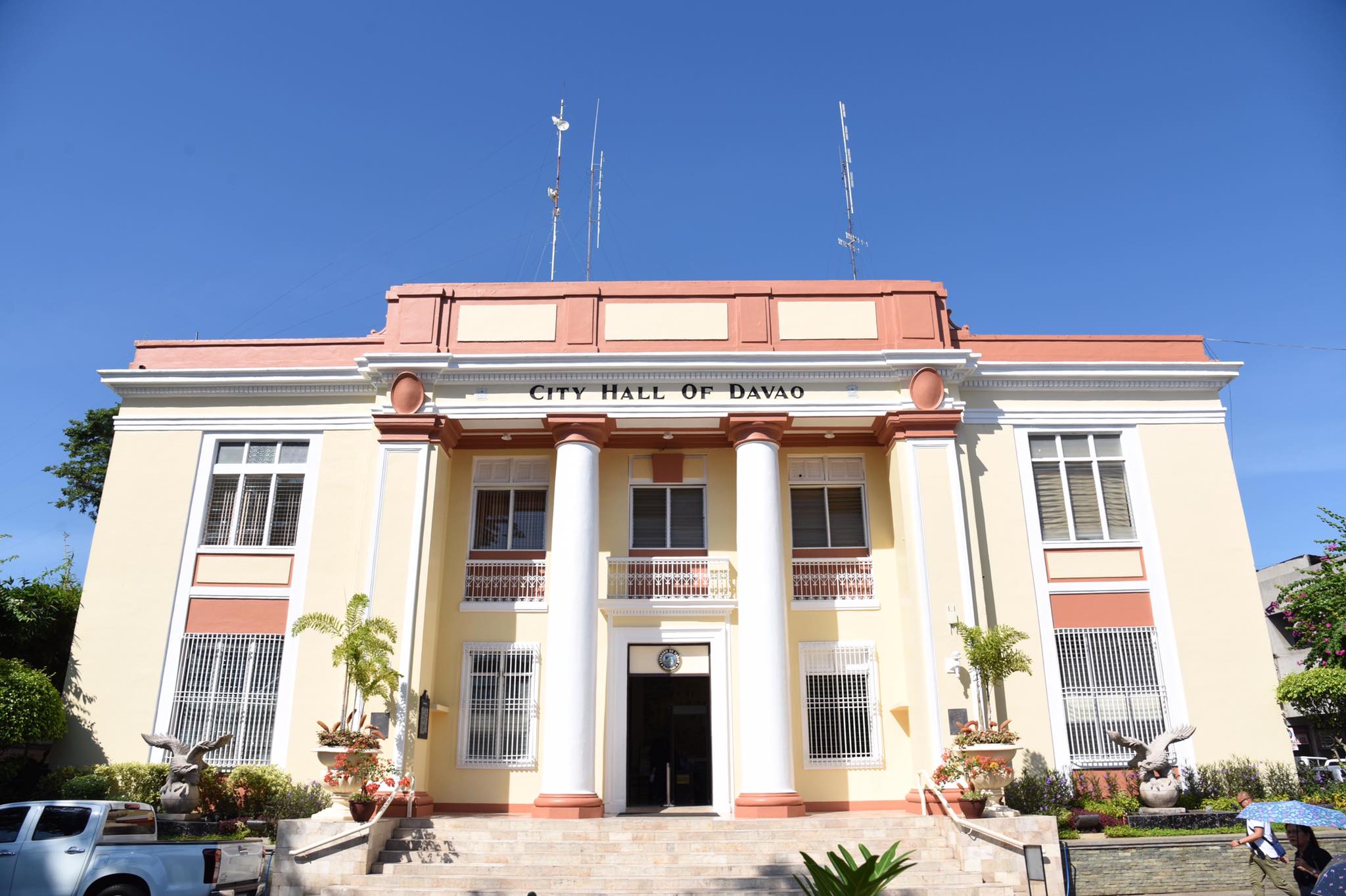The Davao City COVID-19 Task Force has appealed to Dabawenyos to consider the plight of the city’s health care workers when attending mass gatherings amid the easing of COVID-19 protocol restrictions due to an alert level 2 status and lifting of the modified liquor ban.
Davao City COVID-19 Task Force Spokesperson Dr. Michelle Schlosser issued the statement following the February 9, 2022 incident at a downtown restobar, where uploaded photos and videos of netizens on social media showed most people dancing, drinking, and partying without wearing their face masks and not observing social distancing.
She said the 1.8 million people of Davao City should not be judged for the action of just a few. In the photos and videos, according to her, there were a few who followed the minimum public health standards (MPHS) but the action of those who did not follow left frontliners like her frustrated.
“Personally speaking, as a health practitioner and a frontliner, makadismaya gyud. We are all working mapababa ang cases nato, mapabalik at least a little bit normal atong kinabuhi then here come these irresponsible people ila lang gi-satisfy ang ilahang needs for partying, for socialization for just one night. That one night might probably put the entire Davao City at risk. Devastating gyud sya (Personally speaking, as a health practitioner and a frontliner, it’s frustrating. We have been working to lower the cases with the hope for us to experience a bit of normalcy then here come these irresponsible people who just want to satisfy their needs for partying and socialization for just one night. That one night might put the entire Davao City at risk. It’s devastating),” she said in a Viber interview with the City Information (CIO) on Monday, February 21, 2022.
She said a careless and irresponsible action or mistake, such as not following the MPHS, may again result in another surge in the city.
Dr. Schlosser said, “All of us don’t want another surge. We cannot afford another surge man gyud in terms of our economy side nato. It’s difficult for us, it’s difficult for Davao City. At the same time maluoy sad ta tawon sa mga frontliners, bag-o ra kaayo gyud ta nakaluwang-luwang after sa surge. Bag-o lang naka breathe ang atoang mga health care workers (We cannot afford another surge economically-wise. It’s difficult for us, it’s difficult for Davao City. At the same time have pity on our frontliners, we recently experienced a downtrend of COVID-19 cases after a surge. Our health care workers were only given a breather just recently).”
Dabawenyos, she said, can help the city’s frontliners and health care workers fight COVID-19 by being disciplined and responsible enough in strictly complying with the MPHS wherever they go and avail of the government’s vaccination program.
“If atoang subayon ang history sa atong surges, the surges happened because of massive social gatherings like holidays. Most often, mahitabo ang surge because of social gatherings such as what happened in Supladoz restobar (If we trace the history of our past surges, they happen because of massive social gatherings like holidays. Most often, surges happen because of social gatherings such as what happened in Supladoz restobar),” the city health official said.
The Omicron-variant surge of COVID-19 cases that hit Davao City from mid-January to mid-February saw a daily record of active cases from hundreds to over a thousand, leaving hospital COVID-19 ward beds and ICUs, as well as temporary treatment and monitoring facilities (TTMFs) and isolation facilities fully utilized and overwhelmed.
The city is currently under alert level 2 status following its downtrend of COVID-19 cases. CIO

